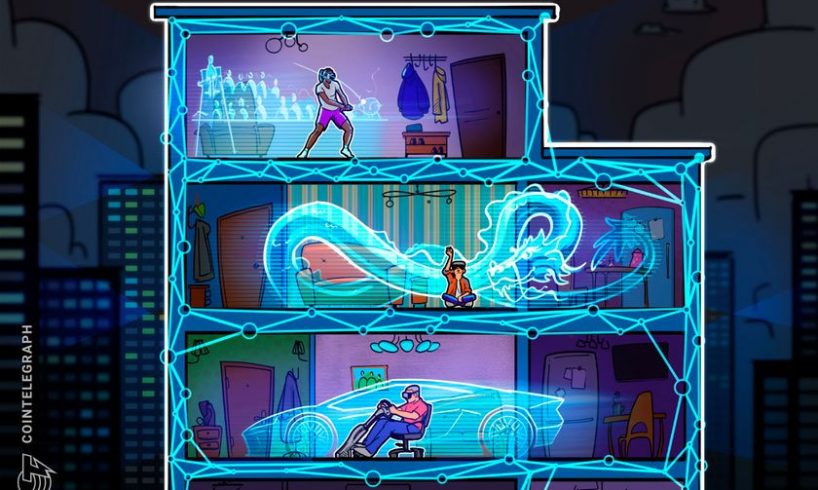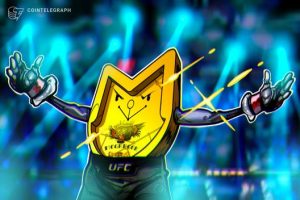
The entire premise of Web3 gaming — like everything in Web3 — hinges on the “ownership of digital things on the internet.”
In reality, this promise hasn’t been fulfilled. Despite the buzzword soup in every pitch deck in the industry, few actually care about it. Fewer still are working to make it a reality.
It’s ironic given the lore on which Web3 was built. Ethereum co-founder Vitalik Buterin’s imagination was sparked by his disappointment with World of Warcraft — after Blizzard took away his warlock’s Siphon Life spell. Ownership of your gaming assets has been a core idea at the center of this industry from its earliest days.
And why not? Intuitively, for any gamer out there who spends time, money and emotional capital on their favorite digital characters and experiences, having ownership of those things and their value seems like a no-brainer.
Yet, while other parts of Web3 have been making significant strides — Bitcoin (BTC) as a store of value, stablecoins facilitating transactions, and real-world assets moving onchain — Web3 gaming lags behind.
Web3 technology fundamentally addresses digital property rights, solving the double-spend problem and ensuring that digital assets cannot be duplicated. This is what makes Web3 unique and valuable.
In an increasingly digital world, ownership of online assets — be it data, identity, currency or gaming items — matters immensely. Half of the world’s population engages in video games, making ownership in this space crucial.
In Web3 gaming, ownership is the differentiating factor from traditional gaming. Trading game items, virtual currency, and earning from playing games have been mainstays of gaming for at least 25 years, as I recall, back when I was a part-time gold farmer.
So, why is it that something so obviously interesting and player-centric as ownership has been met with revolt from the gaming world?
The answer is surprisingly simple: There is no ownership — at least not in any meaningful way. Ownership without interoperability is…
..






